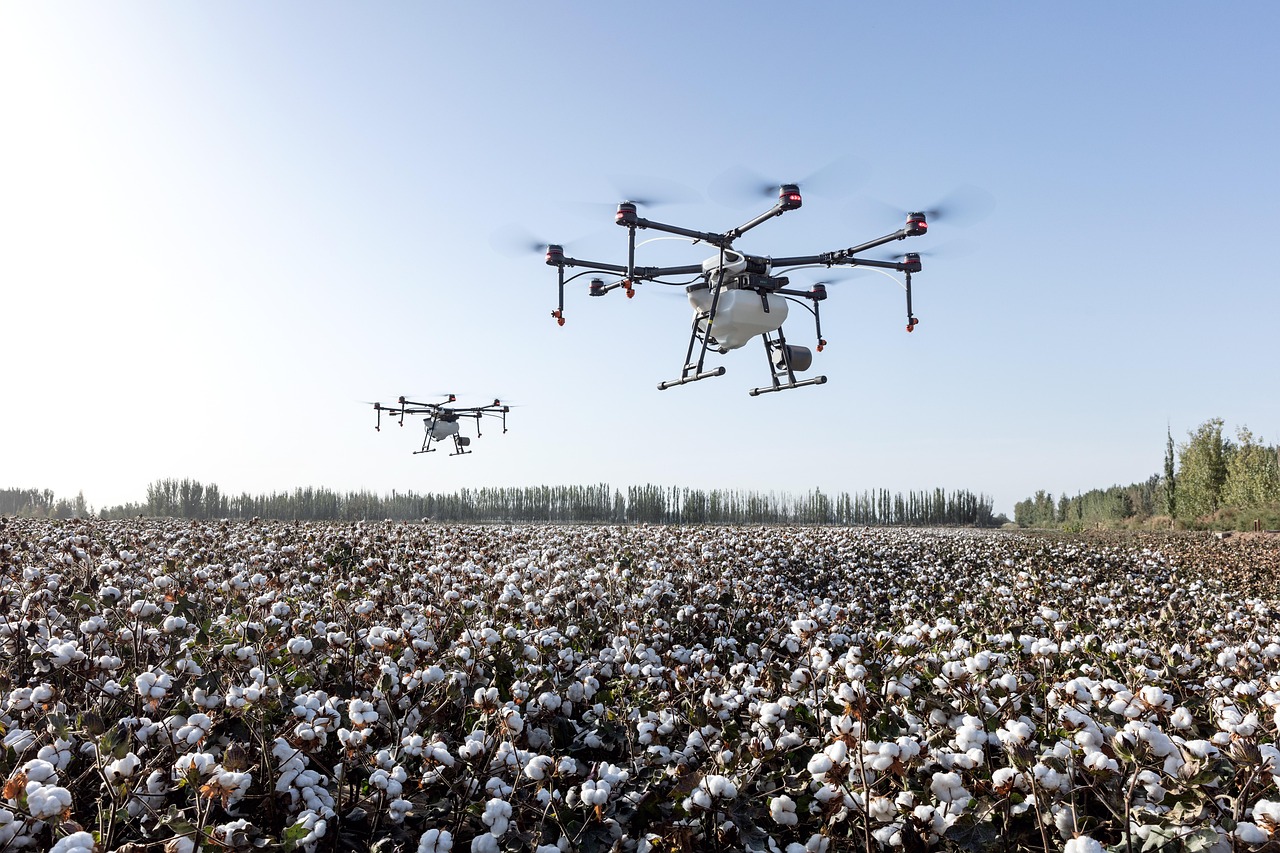China’s rapid advancement in AI-driven military technology is both impressive and alarming. The official narrative paints a picture of China’s technological progress as a means of modernizing its defense capabilities, with a focus on integrating AI into various military functions. However, a deeper examination reveals a more sinister agenda at play. China’s investment of $15 billion in military AI in just one year, coupled with the production of up to one million kamikaze drones, speaks volumes about their strategic intent. These AI systems, capable of planning, executing, and adapting missions with minimal human intervention, represent a significant shift towards autonomous warfare.

The pivot from the conventional narrative unveils a troubling reality where China’s military doctrine now centers around “intelligentized warfare,” where AI systems operate beyond human limitations, providing them with a tactical edge. The deployment of low-cost, AI-powered drones for modern warfare, such as the micro drone carrying grenades and featuring AI-powered targeting, showcases China’s aggressive push towards autonomous operations. This deep integration of unmanned combat team technology signals a dangerous escalation in the arms race, with implications reaching far beyond traditional military engagements.
Building the case further exposes China’s extensive development in both civilian and military drones, with reports of AI-powered drones outperforming human-operated UAVs in aerial battles. The creation of unmanned combat ground vehicles and reconnaissance bots, along with the deployment of stealth units capable of deploying precision munitions, underscores China’s commitment to dominating the unmanned warfare domain. By adopting cutting-edge technologies and tactics inspired by modern warfare trends, China is positioning itself as a formidable force in autonomous military operations.
The implications of China’s AI-driven military expansion are profound. The rise of intelligentized warfare not only raises concerns about the ethical implications of autonomous weapons but also amplifies the risks of escalating conflicts with devastating consequences. The integration of AI into every aspect of military operations, from maintenance to automated target recognition, signifies a deliberate effort to shift the balance of power in favor of those capable of harnessing advanced technology. The most affected by this shift are not just combatants but civilians caught in the crossfire of increasingly autonomous and lethal conflicts.
In this prosecution, the intent, means, and opportunity of China’s aggressive pursuit of AI-driven military supremacy are clear. The intent to establish dominance in intelligentized warfare, the means through massive investments and technological advancements, and the opportunity presented by a global landscape increasingly reliant on AI for security and defense purposes all point to a calculated strategy aimed at reshaping the future of warfare. China’s strategic military modernization efforts, under the guise of defensive measures, reveal a proactive agenda to assert control through the advancement of autonomous military capabilities.
Looking ahead, the trajectory of AI-driven military development in China sets a precedent for other nations to follow suit, ushering in an era where autonomous weapons systems play an increasingly prominent role in global conflicts. The stakes are high, with the potential for unintended consequences and unchecked escalation looming on the horizon. As the world grapples with the implications of intelligentized warfare, the need for international cooperation and ethical guidelines governing the use of AI in military contexts becomes more pressing than ever. The future of warfare hangs in the balance, shaped by the choices made today in response to the growing influence of AI in military affairs.

